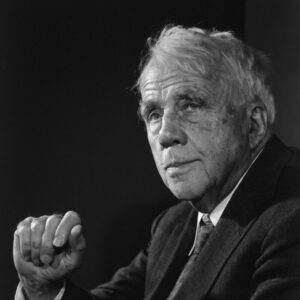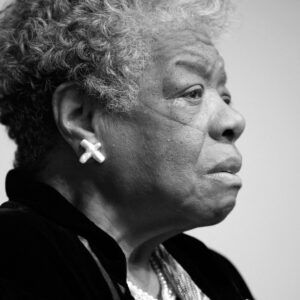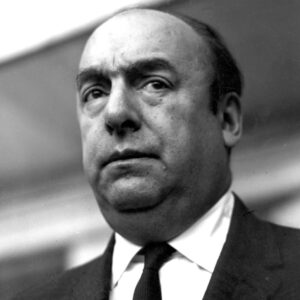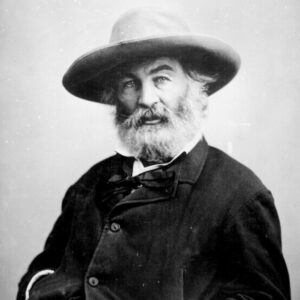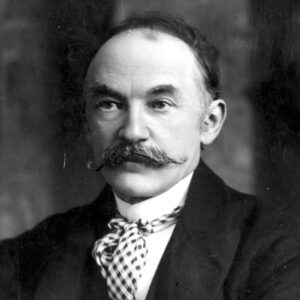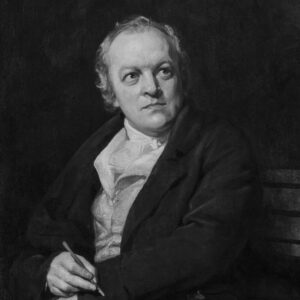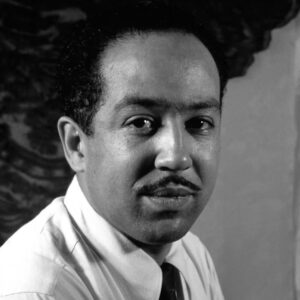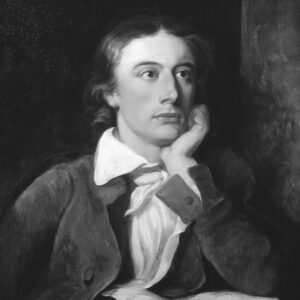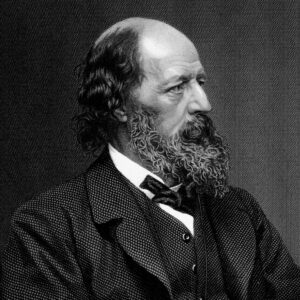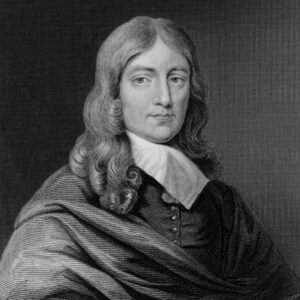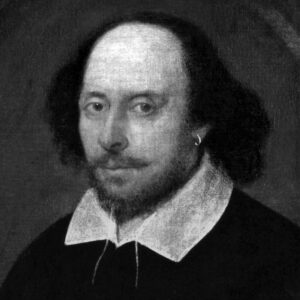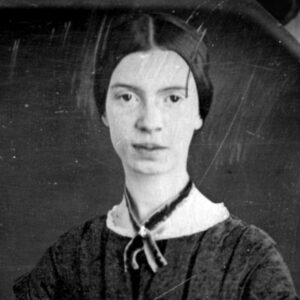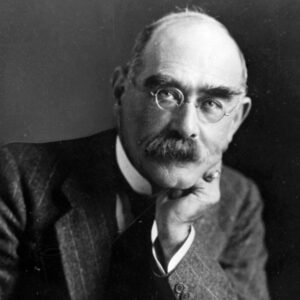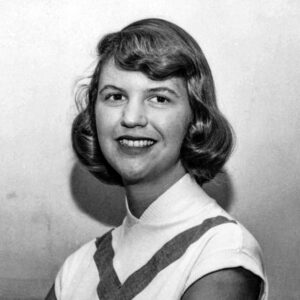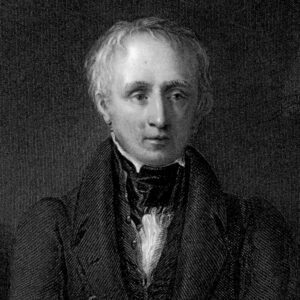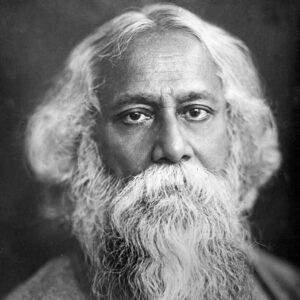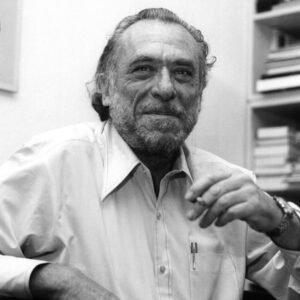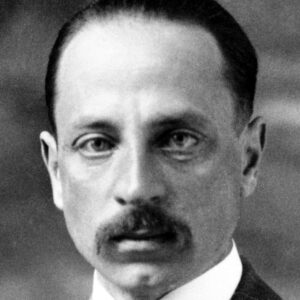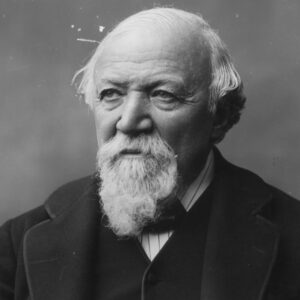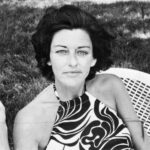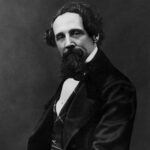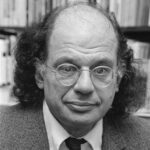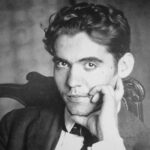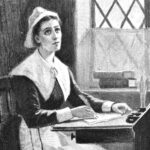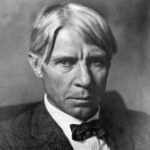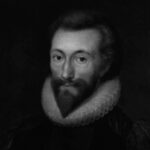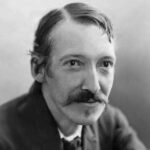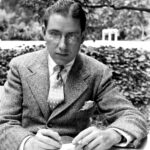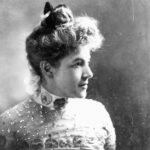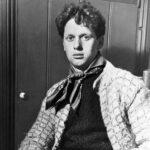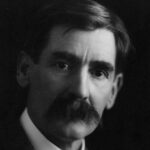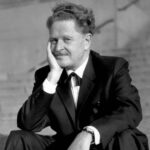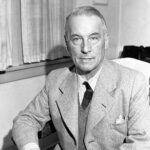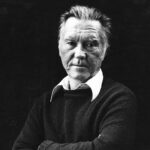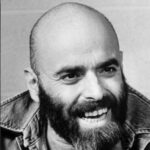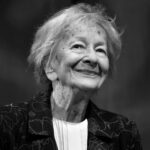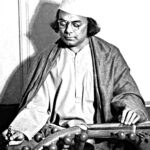Poetry as an art form stretches back into antiquity, and the greatest poets have delivered beautiful, transcendent and titillating moments of verse throughout its enduring history.
Ever transforming with the times, poetry has evolved in response to traumatic events, systemic upheavals and shifting cultures and ideologies – it remains an intensely reactive art form. From the earliest known written work, the Sumerian Epic of Gilgamesh, to Chinese folk songs, Homeric adventures, Viking sagas and Shakespeare’s famous blank verse, poems recall stories from the magnificent to the intimate. In these expressions of intimacy are some of literature’s most enduring and illuminating works. But poetry has also long been used for levity and comedy. The genre can be acerbic, absurd, and rude – with top poets able to deliver punchlines with pinpoint precision. And in their darkest moments, poems can reveal the trauma of conflict, cry out in the face of taboos, and help to uncover inequality and oppression. But even as difficult truths are revealed, poetry remains a dependable mode to express beauty. Humility, at the feet of nature’s awesome forces and magnificent landscapes.
It can help us to understand and appreciate everything from sweeping vistas, to the mechanisms of our complex societies, and the minutiae of human emotions. Here are the 50 greatest poets of all time:
